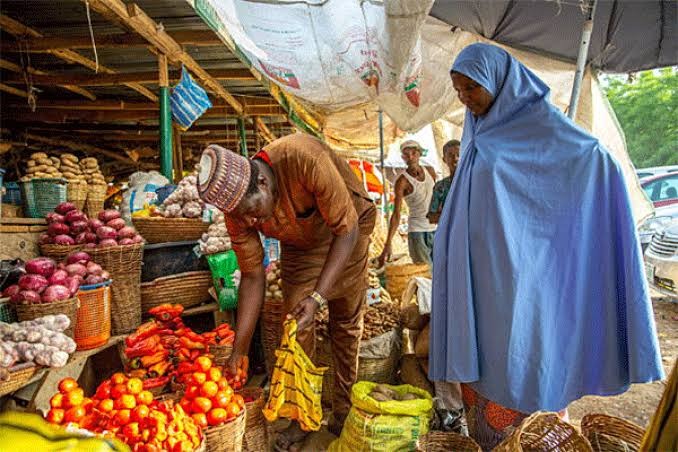Nigerian Economic Summit Group (NESG) has projected a likely drop in Nigeria’s inflation from 24.5 per cent to 21.5 per cent.
This was contained in the 2024 Macroeconomic Outlook produced by the NESG.
The report linked the projected decline in inflation to reduced reliance on Ways & Means financing for the budget deficit, stable structural exchange rate, and additional proactive monetary measures implemented by the Central Bank of Nigeria (CBN).
It however said food inflation is expected to persist as a primary contributor to overall inflation, propelled by increased credit costs, security concerns, and internal displacement issues.
It further noted that the removal of fuel subsidies will continue to increase core inflation, primarily through high transport and energy costs, adding that in the event of “stagnation”, the rate could hit 25.1 per cent.
Stagnation isa situation where there is a prolonged period of economic slowdown, low or no growth, high unemployment, and overall economic inertia.
The NESG report also pointed out that in the case of “obsolescence”, inflation could hit 28.5 per cent.
Obsolescence is a situation where existing economic structures, policies, or practices have become obsolete, leading to potential challenges or disruptions in the economy, while in the case of a “comprehensive overhaul”, inflation could hit 21.5 per cent.
The report identified risk factors for inflation in Nigeria in 2024 to include: Continued climate-induced disruptions, such as flooding, coupled with widespread insecurity, may lead to a decrease in crop production and an upward pressure on food prices and persistent weakness of the Naira due to the illiquidity of the Forex market.
It pointed out that setting a cap on petrol pump prices has the potential to mitigate the extent of the pass-through impact resulting from the removal of fuel subsidies on both food and non-food item prices.









